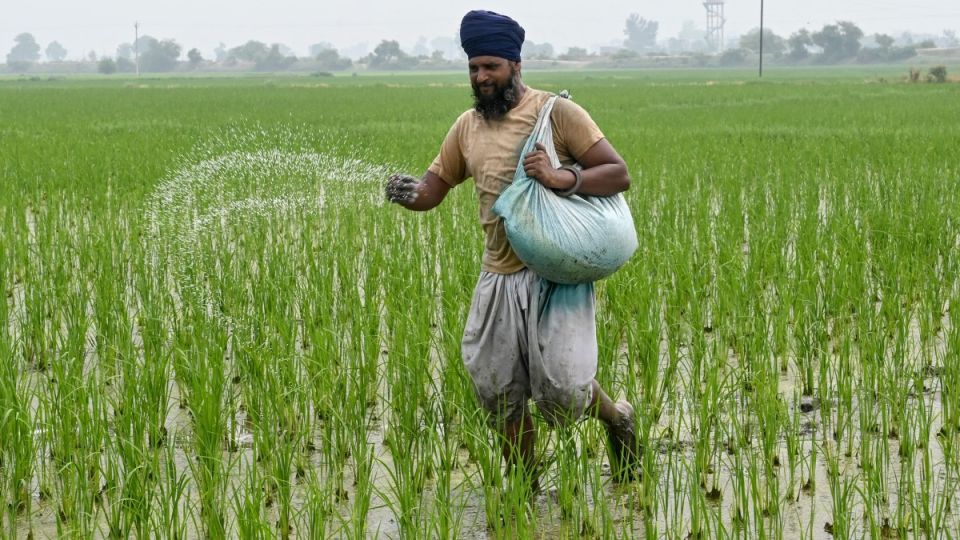September 18, 2025
NEW DELHI – Farmers are important because “we eat because of them”, but at the same time the environment too has to be protected, the Supreme Court said on Wednesday as it pressed for firmer steps to check stubble burning across northern states.
Chief Justice B R Gavai, heading a bench with Justice K Vinod Chandran, remarked, “Farmers are special and we are eating because of them, but it does not mean that we cannot protect the environment.”
The bench suggested stricter deterrents, including monetary fines and custodial sentences, to discourage the practice. “Why don’t you think of some penalty provisions? If some people are behind bars, it will send the correct message,” the court observed.
Stubble burning—setting fire to paddy residue to quickly prepare fields for wheat sowing—remains a major contributor to air pollution in Delhi and neighbouring states. Farmers often resort to it as the window between harvesting paddy and planting wheat is narrow.
The court’s observations came while hearing a matter on long-pending vacancies in the State Pollution Control Boards of Punjab, Haryana, Uttar Pradesh and Rajasthan. It gave the states three months to complete the appointments.
Chief Justice Gavai said the problem could be tackled only with “real intent” and not by routine “five-yearly exercises.” He pointed out that stubble could also be utilised as biofuel instead of being burnt in the fields.
The bench was told that Punjab officials had been advising farmers to burn stubble when satellites were not overhead. It was, however, clarified that only the central government had knowledge of satellite movements.
Punjab informed the court that the number of stubble burning incidents had already declined—from over 17,000 in 2023 to about 11,000 last year—and the state hoped to bring the figures down further this year.
At this stage, the bench stressed that a balanced policy was needed—offering support and incentives on the one hand, while also introducing punitive steps on the other. “A carrot and stick approach must be adopted,” the court said, warning Punjab to take a decisive stand or face a binding judicial direction.
Counsel for the state submitted that arrests had been made in earlier years, but since most of the farmers concerned owned only an acre or so, prosecuting them had severe consequences for their families.


